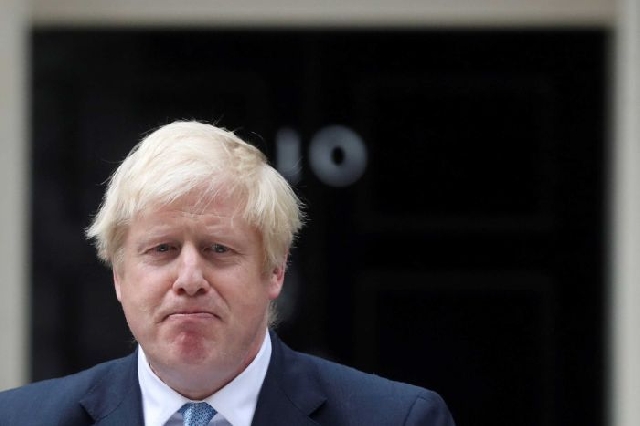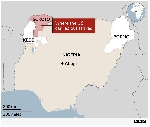Suspending UK Parliament unlawful, Supreme Court
 UK Prime Minister
UK Prime Minister
Boris Johnson's decision to suspend Parliament was unlawful, the Supreme Court has ruled.
Mr Johnson suspended - or prorogued - Parliament for five weeks earlier this month, but judges said it was wrong to stop MPs carrying out duties in the run-up to Brexit on 31 October.
Supreme Court president Lady Hale said "the effect on the fundamentals of democracy was extreme."
The PM says he "strongly disagrees" with the ruling but will "respect" it.
A raft of MPs have now called for the prime minister to resign and some have said they would attempt to force him out if he did not go of his accord.
'Undeterred'
Mr Johnson argued he wanted to carry out the prorogation so he could outline his government's new policies in a Queen's Speech.
But critics said he was trying to stop MPs from scrutinising his Brexit plans and the suspension was far longer than necessary.
At a speech in New York, the PM said he "refused to be deterred" on getting on with "an exciting and dynamic domestic agenda", and to do that he would need a Queen's Speech.
The court ruling does not prevent him from proroguing again in order to hold one, as long as it does not stop Parliament from carrying out its duties "without reasonable justification".
Delivering its conclusions, the Supreme Court's president, Lady Hale, said: "The decision to advise Her Majesty to prorogue Parliament was unlawful because it had the effect of frustrating or preventing the ability of Parliament to carry out its constitutional functions without reasonable justification."
Lady Hale said the unanimous decision of the 11 justices meant Parliament had effectively not been prorogued - the decision was null and of no effect.
She added that it was important to emphasise the case was "not about when and on what terms" the UK left the EU, but about the decision to suspend Parliament.
Source: BBC
Trending World

Rubio says there's 'not a war against Venezuela' despite U.S. capture of Maduro
01:51
At least 30 killed in attack on Nigeria village
01:31
Living in fear of Lakurawa - the militant group Trump targeted in Nigeria strikes
19:31
US pledges $2bn for humanitarian aid, but tells UN 'adapt or die'
19:21
Bangladesh's first female prime minister Khaleda Zia dies aged 80
22:38
Thieves use drill to steal €30m in German bank heist
22:35
Guinea junta chief takes lead in controversial election as social media restricted
22:30
Bulgaria joins the euro after rocky path to new currency
00:16
Iran protesters try to break into government building as unrest continues
00:13
Mali and Burkina Faso impose travel ban on US citizens in tit-for-tat move
00:08




